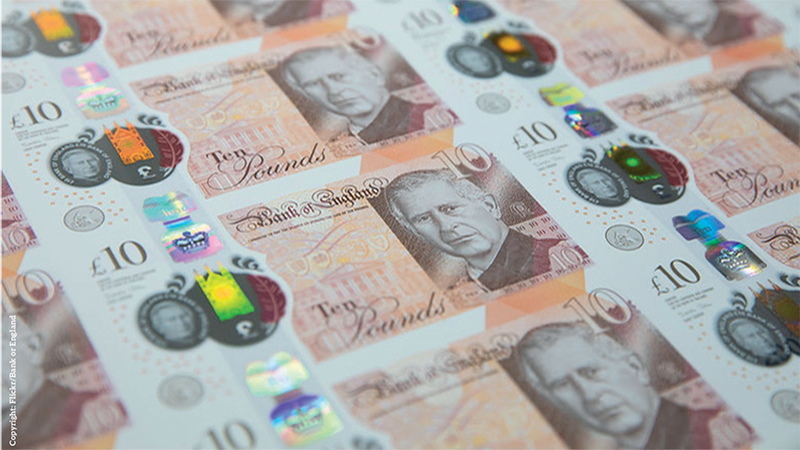Cash savings in the UK have breached £2trn for the first time after savers stored away £51bn in 2024, according to a new report by Janus Henderson.
This influx of money means that cash savings now account for 80.5% of the UK’s national debt and 74% of its GDP.
Janus Henderson noted that many people chose to hold more cash as they were gathering greater interest on it as rates soared.
Yet the Bank of England (BoE) has lowered interest rates from its 5.25% peak twice this year to 4.75% at the latest monetary policy committee (MPC) in November. And with more cuts expected to come, holding savings in cash could be far less lucrative than it has been in recent years.
See also: UK equity funds make first net inflows in 41 months
Even as rates reached their highest levels in over a decade, the heightened interest investors earnt on cash was still worse than the returns being made in equity markets.
Since the BoE’s first hike in December 2021, people in the UK could have almost tripled their return by investing in the MSCI World index, which was up 31.9% versus the 11.2% return on the average cash savings account.
Soaring inflation was one of the reasons people in the UK retreated to cash, yet they still lost purchasing power on their savings by doing so, with the consumer price index rising 17.9% over that same period.
And the divergence is likely to continue more starkly, according to the Janus Henderson report, which found that just £1 in every £6 of cash saved this year has been stashed in fixed-term accounts that lock in the current interest rates – the rest was is in instant access options, which are exposed to declining rates.
See also: Morningstar: Three key themes that should be top of investors’ minds
Dan Howe, head of investment trusts at the firm, said: “Cash savings are eroded in real terms by inflation and, as we have seen recently, are mostly sat in instant access savings accounts where interest rates continue to decline.
“Crucially, they tend to be outpaced by returns on equivalent equity investments, many of which also offer an additional dividend income.”
This story was written by our sister title, Portfolio Adviser








